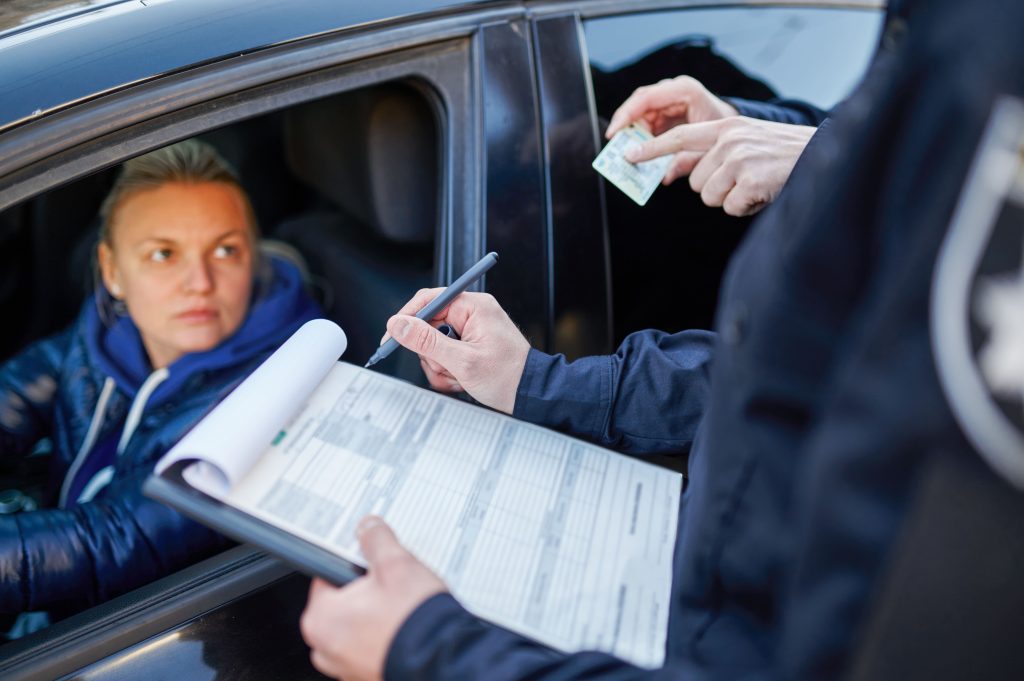What Are Your Rights at a DUI Checkpoint in Washington?

If you’ve ever driven through a late-night police stop on a holiday weekend, you may have wondered: Can law enforcement really stop and question every driver like this? Do I have to answer? Can I refuse a breath test? Understanding your rights during DUI enforcement stops is critical—especially in Washington, where DUI laws carry serious penalties.
Do DUI Checkpoints Exist in Washington State?
Unlike many other states, DUI checkpoints are not permitted in Washington. That’s because the Washington State Constitution (Article I, §7) offers greater protections against warrantless searches and seizures than the U.S. Constitution. Courts here have consistently held that DUI roadblocks violate a driver’s privacy rights under state law.
Translation? If you encounter a roadblock-style checkpoint where officers stop every driver without reasonable suspicion, it may be unconstitutional in Washington. DUI enforcement here typically involves saturation patrols—roving officers looking for signs of impaired driving—not random stops.
What Can Police Do During a Traffic Stop?
Even though formal checkpoints aren’t used, officers can and do pull over drivers if they have reasonable suspicion of a traffic violation or signs of impairment—like swerving, speeding, or running a red light.
During a stop, you must:
- Provide your license, registration, and proof of insurance
- Exit the vehicle if ordered to do so
But you do not have to:
- Answer questions like “Where are you coming from?” or “Have you been drinking?”
- Perform roadside field sobriety tests (e.g., walk-and-turn, one-leg stand)
These tests are voluntary in Washington—though refusing them might lead the officer to arrest you based on other observations.
Can You Refuse a Breathalyzer?
Washington’s implied consent law (RCW 46.20.308) says that by driving on state roads, you’ve consented to a breath or blood test after arrest for DUI. If you refuse:
- Your license will be automatically suspended (usually for 1–2 years)
- Refusal can be used against you in court
- You may still be forced to give a blood sample with a warrant
However, you can lawfully refuse the portable breath test (PBT) offered before arrest at the roadside. Officers may still arrest you based on other signs of impairment.
What Should You Do If Stopped?
- Be polite and calm—but know your rights
- Decline to answer questions without a lawyer present
- Refuse roadside sobriety tests if you choose
- Ask if you’re free to leave
- If arrested, invoke your right to remain silent and request a lawyer immediately
Why This Matters
DUIs in Washington can lead to jail time, hefty fines, ignition interlock requirements, and a criminal record. But not every arrest is lawful, and evidence gathered at a questionable stop may be suppressed. At the Law Office of Erin Bradley McAleer, we fight to protect your rights and challenge unlawful traffic stops, improper searches, and unreliable test results.
Need Help After a DUI Arrest?
Our team has successfully defended hundreds of DUI cases in Clark County and throughout Washington. If you’ve been stopped, tested, or charged—don’t wait. Contact us today for a consultation.